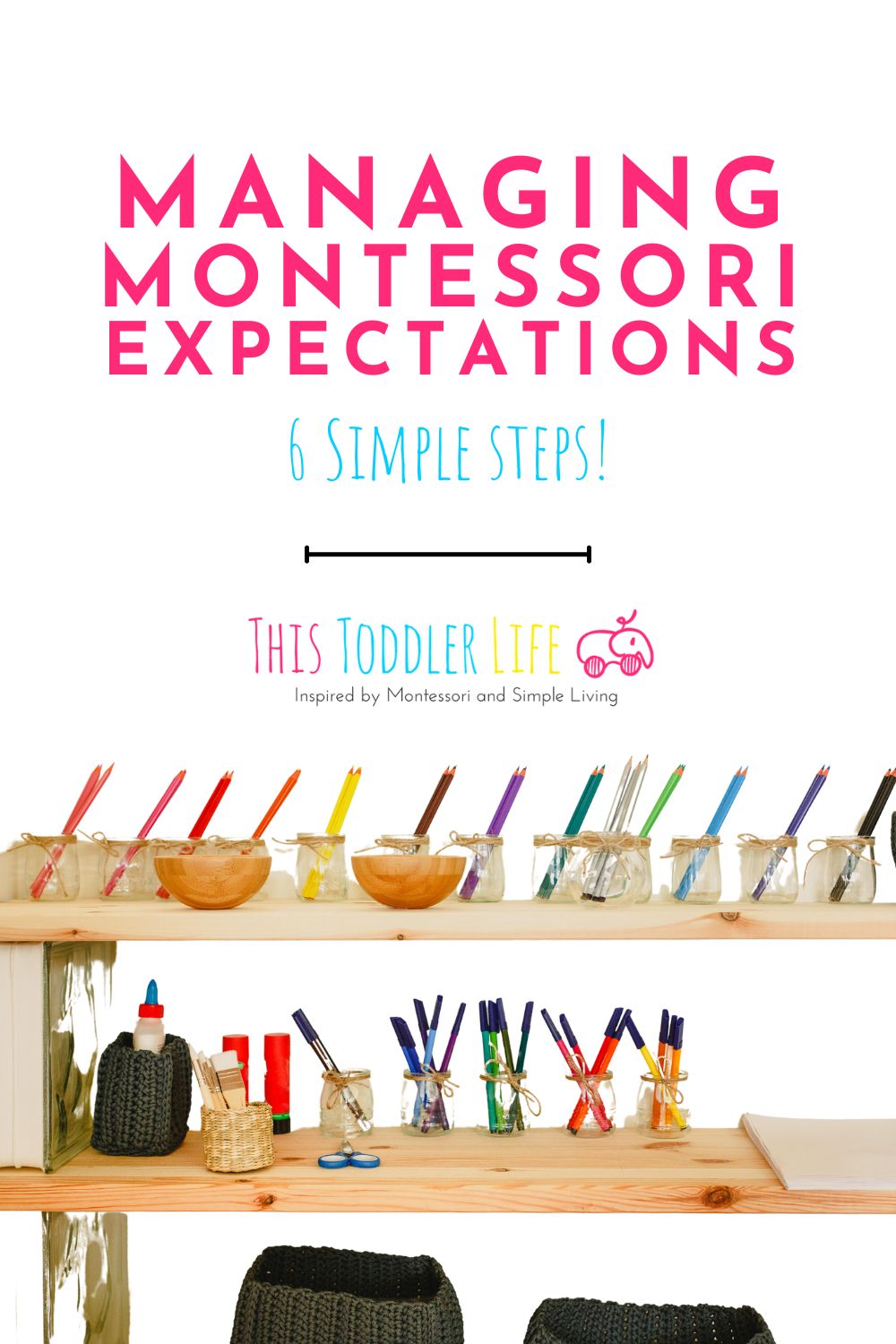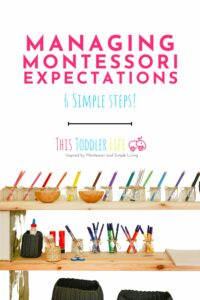- Home /
- Blog /
- PARENTING /
- Montessori Expectations
xxx videos
massive brown wiener for foxy sweety rilynn rae.xxxvideos
Montessori Expectations

Often, Montessori expectations are so, insanely high that they can actually derail our journey. If you find yourself asking;
- “Am I Montessori enough?”
- “Can I afford to practice Montessori?”
- “How do I deal with the questions and/or criticisms of our Montessori lifestyle from friends and family members?”
- “How do I feel SUCCESSFUL when it comes to practicing the Montessori method at home?”
Then this Montessori training is PERFECT for you! Keep reading, or you can tune into this quick, 20-minute training by clicking the video below. (Also, if you want to catch these trainings LIVE be sure you have requested to join our FREE, Facebook group, Montessori Toddlers, here.)
Let’s start this off with some good news; You really CAN’T “fail” when it comes to your Montessori journey. I know this because you’re here. You’re reading this and clearly you are open minded and willing to learn, which is a huge step in the right direction.
The Montessori Expectation to be 100% Montessori? FORGET IT!
Remember, the social media images you see of Montessori in practice, those are just snippits and often ‘highlight reels’ of an entire Montessori journey. While I’m a huge advocate of Montessori it is easy to start doubting ourselves. This may be because our Montessori expectations may be unrealistic. The “mistakes” we, and our children make, are simply part of the learning process. We want to use mistakes as a means for learning, and remember to never be embarrassed by them.
We can’t let expectations get in the way of a wonderful Montessori journey.
Striving for perfection can hinder the benefits of Montessori, so RELEASE THE PRESSURE. Release the pressure on yourself and the Montessori community as a whole. Of course, we want to hold each other accountable, but we also want to support and build one another up (which is exactly what happens in our Montessori Toddler’s Facebook group you can join here.) Supporting one another on our journey’s, for me, is far more what Montessori is about. Not the picture perfect Pinterest board centers.
Ideally, we want our Montessori home to be unique. We want our home to reflect our culture, environment, and current circumstances. Our homes should look different, because none of us are the same. Just like we encourage are children to be unique, remember that as caregivers we are unique as well.
Reducing and managing Montessori expectations brings more joy into our homes. But how do we go about that?

Recognize that our Montessori expectations are unrealistic.
If you find that you’re noticing what other children can do and compare their accomplishments to your own child’s, it may be time to take a step back.
If you see pictures of playrooms or Montessori shelves and feel envious, or feel if you only had a specific resource your Montessori journey would be better, it may be time to take a step back.
I’d venture to say that we’re ALL guilty, of at one point or another, allowing the expectations of society, family, social media, educators, even government milestones to dictate our feelings about where our child should be developmentally. That’s natural. These are our children, and we want to get it “right.” Balancing those expectations is tricky. But I’ve got six tips on how to balance those expectations and keep them “in check.”
1. Slow down and observe.
We talk a lot about this in the four day challenges we do at This Toddler Life, and we talk about it a lot in The Montessori Learning Center. Sometimes this means sitting on your hands. Not interfering too much, and creating a little bit of distance. Allowing your children to solve problems. Instead of jumping in and solving problems before they’ve even had a chance to try to solve it themselves.
2. Guide and facilitate your child, rather than instruct them.
Sometimes, we can be so keen to help our children and support them, that we end up becoming a bit of an instructor. For example, if they’re completing a puzzle, we start telling them which shape goes where and tell them how to do the puzzle instead of allowing them to figure it out on their own. Of course our intentions are always good, but when we become less of a guide and more of an instructor we prevent our children from making their own discoveries. We prevent them from problem solving and becoming critical thinkers – which are exactly the attributes we’re trying to nurture.
3. Celebrate the small wins.
Don’t miss the big picture, by focusing so much on the big picture. Perhaps our aim is for our children to tidy up the blocks once they’re done playing with them. Eventually we want them to pick ALL of the blocks up. However, it’s important to celebrate when they pick even a few blocks up after playing. Don’t allow unrealistic expectations for our child lead to disappointment and frustration.
4. Release the pressure off of yourself.
I know this is so much easier said than done. Especially when you’ve chosen to practice Montessori at home. Just remember you don’t need all of the resources to practice Montessori. Start small and slow.
At one point, I had four children under the age of five years old. I wanted us to practice some practical life activities by baking cupcakes together. Now, as I’m sure you could guess there was quite the mess, a few tears, but we did end up with cupcakes. However, looking back, we could have simply started by just sifting the flour. This is what I mean by starting small and not putting too much pressure on yourself. The activity didn’t need to be something as big as making a dozen cupcakes, their simple activity could have been just a part of the entire process.
5. You are no “less” for doing less.
This one speaks for itself. I’m a big believer in simplicity and that less is often more. Sometimes more can lead to overwhelm and a sense of failure, which manifests as stagnation.
6. Keep your Montessori expectations realistic by observing to understand where your child is TODAY.
Not only should you observe, but take it a step further and where they are today … meet them there. If you have a child who is experiencing big emotions that they can’t seem to manage which leads to challenging behaviors. That’s where they are. Meet them there. Therefore, we shouldn’t be aiming for our child to have the tools to manage those big emotions today.
Attention span is another hot topic. Remember your child’s attention span is dependent on their age as well as their interest in what they’re doing. That’s why it’s so important to have realistic expectations and set those expectations by observing.
Other’s children are not your benchmark.
I hope that these tips help you to relax, and bring more joy to your Montessori at home journey. In conclusion I’d just like to remind you; Society, friends, family members … although they all may be well meaning, their expectations don’t have to be your expectations. Your child is the benchmark for their development. No one else. We want to compare where they are now to where they were. That is the only benchmark that matters. Milestones are reached when and if a child is ready. It’s never too late. Learning is lifelong and your children are all on their own unique paths.
I’d also like to invite you to join me Nov. 7 – 14 for a FREE, Childhood Potential Conference where world-renowned Montessorians will be sharing more practical advice on everything Montessori related! The conference is 100% free, but if you want to catch replays of the chats I have a special code for 30% off a premium pass! But hurry, because this offer won’t last for long! Tap here to snag your pass for 30% off!
